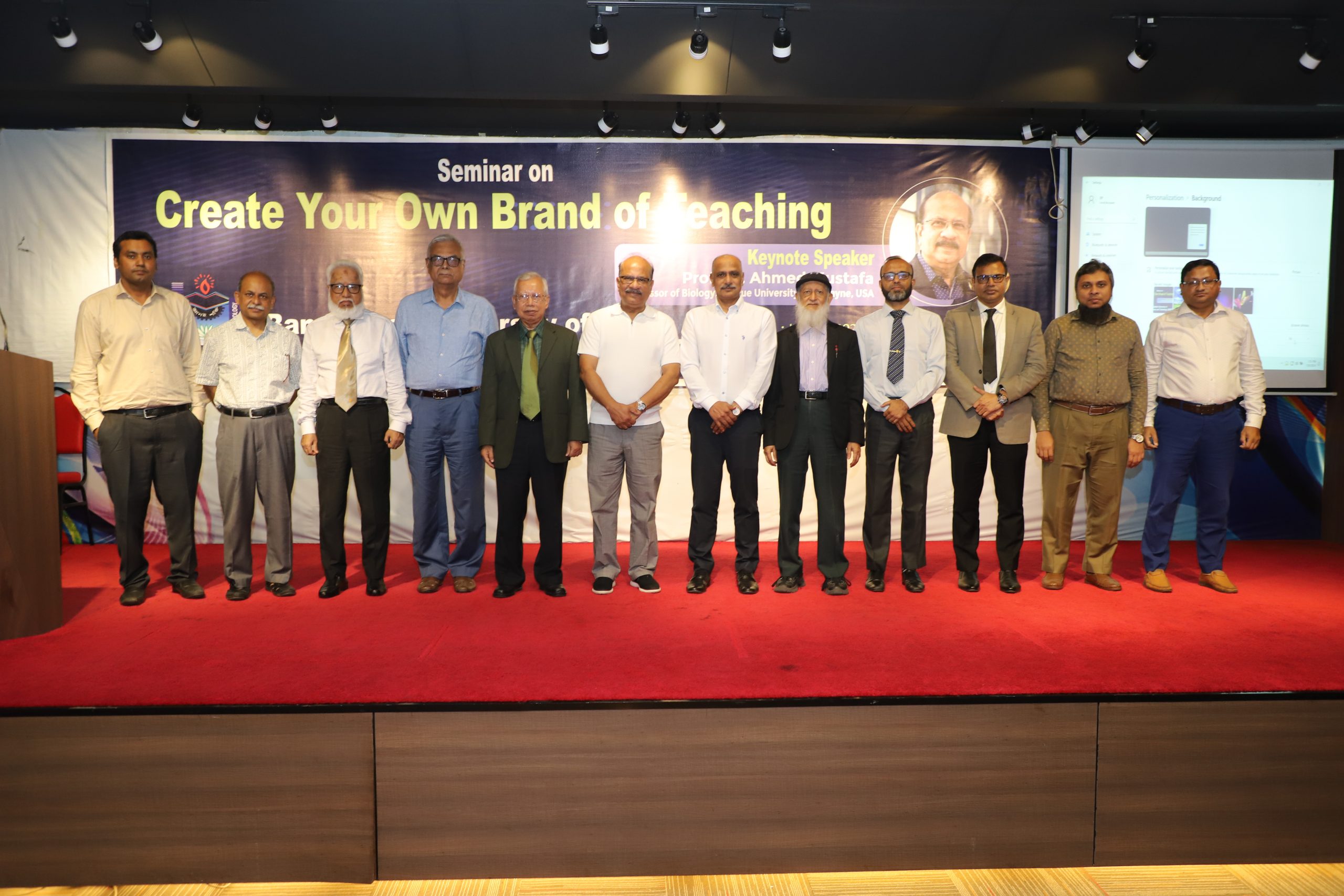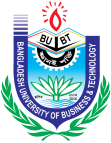

University Collaboration
The Department of Electrical and Electronic Engineering (EEE), BUBT put importance on collaborating research between universities at home and abroad. The department has a research team consists of skilled, knowledgeable, industry experienced senior and motivated young researchers to carry on various research activities on major four areas including power & renewable energy, telecommunication & electromagnetic wave propagation, control, automation & robotics and optics & photonics. The faculty, alumni students and alumni faculty are welcome to conducting collaborating research on concurrent research topics and technological issues. The department of EEE provides full support in terms of time, technology and skills to embrace local and international collaborative research between the universities.
Industry Collaboration
The Department of Electrical and Electronic Engineering (EEE), BUBT put importance on collaborating research between university and industry in order to produce and sharing of technology, innovation and skills to resolve concurrent issues and meet the technological challenges of fourth industrial revolution. The department has a research team consists of skilled, knowledgeable, industry experienced senior and motivated young researchers to carry on various research activities on major four areas including power & renewable energy, telecommunication & electromagnetic wave propagation, control, automation & robotics and optics & photonics. The department of EEE provides full support in terms of time, technology and skills to embrace local and international research collaboration between BUBT and industry.
Capstone Project
The Department of Electrical and Electronic Engineering (EEE), BUBT offers Capstone Project for the final year students. The strategy and roadmap of pursuing Capstone Project are outlined as follows.
Course Outcome
CO1: Identify and analyze a problem and use project management skill, appropriate simulating and engineering tools for obtaining its solution considering potential of social and environmental impact while working in a team.
CO2: Design, implement and evaluate an engineering system, process, or component to solve a real-life problem using modern engineering tools with proper project management and economic consideration.
CO3: Assess professional, ethical, environmental, and social impacts and responsibilities of the designed and implemented project with proper tools.
CO4: Present and share designed project results through written technical documents, oral presentations and demonstrations.
Outline of Capstone Project

Roadmap of Capstone Project
1st Semester [20 Marks]
(Feedback of Course Teacher & Supervisor) | Weeks | Phase | Remarks |
1-2 | Interactive Lecture session on Capstone Project and Research methodology | ||
3-4 | Phase 1 – Topic Selection and Project Plan | ||
5-6 | Phase 2 – Literature Review | ||
7-8 | Phase 2 – Literature Review | ||
9-10 | Phase 2 – Tentative Methodology, Analysis and Modeling | ||
11-12 | Phase 3 – Evaluation and Feedback | ||
2nd Semester [20 Marks]
Feedback of Supervisor | Weeks | Phase | Remarks |
1-2 | Problem evaluation, organization and characterization | ||
3-4 | Phase 3 – Detailed Design Submission | ||
5-6 | Phase 3 – Detailed Prototype Submission | ||
7-8 | Phase 2 – Tentative Methodology, Analysis and Modeling | ||
9-11 | Phase 2 – Prototype Design | ||
11-12 | Phase 4 – Evaluation and Feedback (By Supervisor) | ||
3rd Semester [60 Marks]
Supervisor: 30 External: 30 | Weeks | Phase | Remarks |
1-2 | Phase 4 – Complete Implementation, testing/simulation and verification | ||
3-4 | Feedback and Improvement | ||
5-6 | Motivation buildup on documentation ethics | ||
7-8 | Result Analysis and Performance Evaluation | ||
9-11 | Phase 5 – Final Report Writing | ||
12 | Presentation and Final Evaluation |

